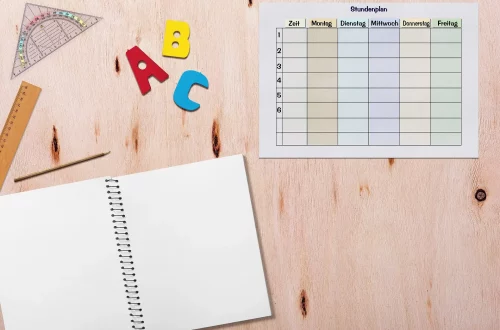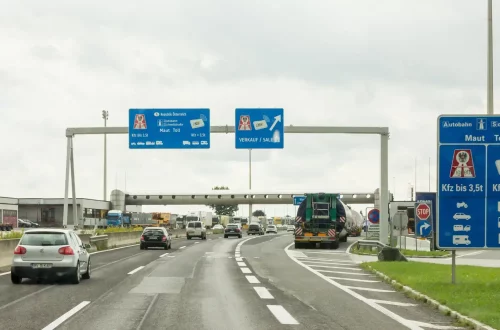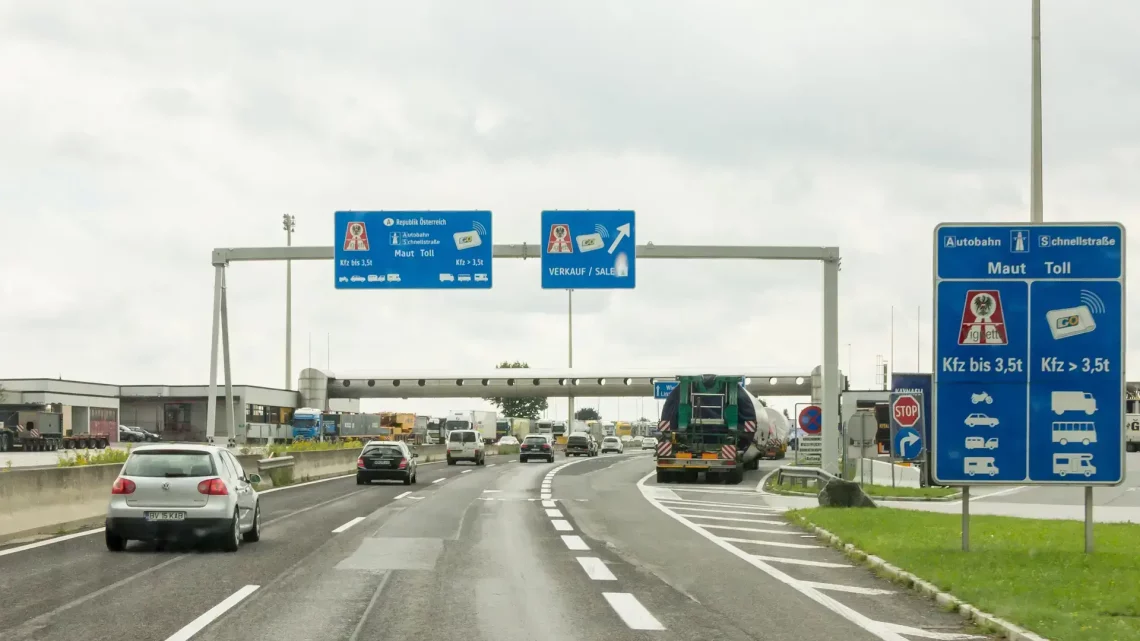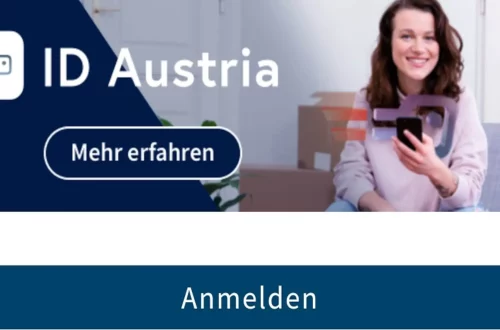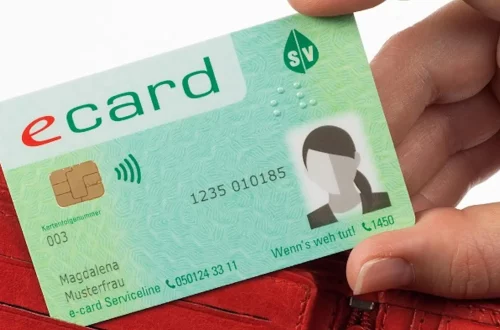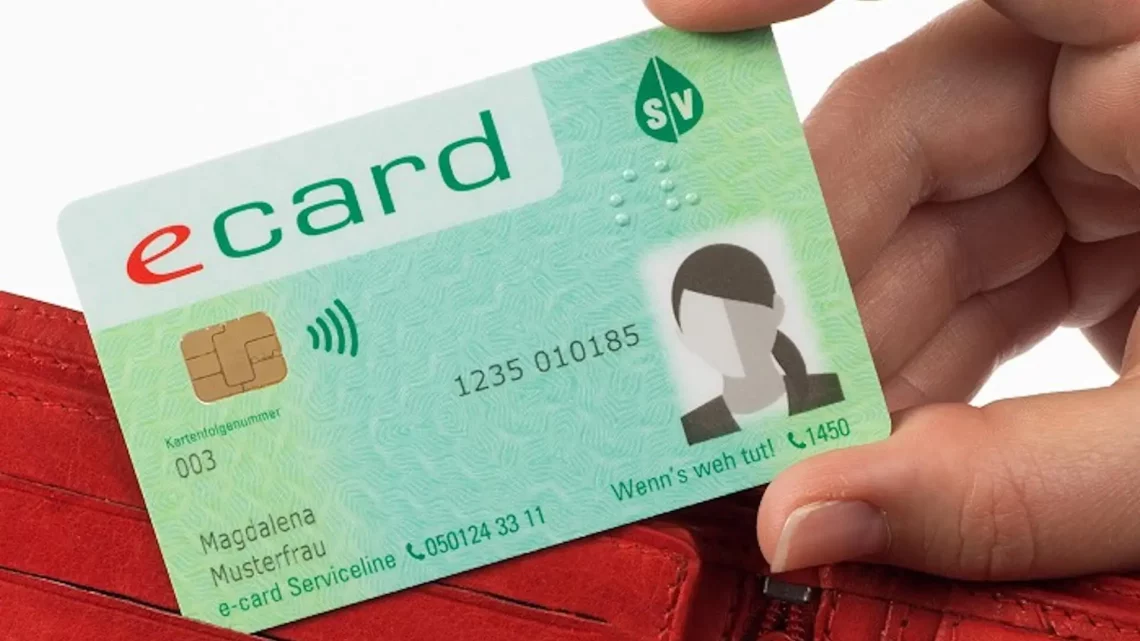-
Drunk Driving in Austria
Drunk driving is a serious hazard on the roads, as alcohol significantly impairs reaction time and driving abilities. In Austria, strict legal regulations protect road safety, which include not only fines but also license suspension and mandatory retraining. This article provides a detailed overview of the legal consequences and official procedures for drunk driving. According to the law in Austria, the permitted blood alcohol level is less than 0.5 per mille. Drivers with probationary licenses, as well as truck and bus drivers, are subject to even stricter rules: for them, the limit is only 0.1 per mille. Attention! This article is written for informational purposes only, and current regulations and…
-
Speeding and Penalties in Austria
As in many other places, speeding drivers in Austria are often fined. Since September 1, 2021, stricter penalties have been in effect, and the amount of many fines has more than doubled. Penalties for Speeding on Highways In Austria, the maximum speed on all highways is 130 km/h. For climate protection reasons, however, lower values can be set on certain sections. The amount of the fine depends on how much you exceed the 130 km/h speed limit. In the table below, we have summarized the amount of fines: In case of participation in illegal races, your driver’s license can be revoked for up to six months, and a traffic psychology…
-
Austrian Highway Toll Grace Period, What’s the Truth?
Austrian highway vignettes are essential for driving on motorways in Austria. But what happens if we forget to purchase the vignette before entering the highway? Is there a grace period during which we can drive without a vignette without being fined? Unfortunately, the grace period is a myth. In Austria, there is no grace period for purchasing highway vignettes. If you drive onto the highway without a vignette, you can expect a fine. The amount of the fine varies depending on the type of vignette and the duration of driving without a vignette. If someone is caught on Austrian highways or expressways without a valid sticker, an immediate on-site fine…
-
The History and Meaning of the Austrian Flag
The Austrian national flag, or as Austrians say, the Flagge Österreichs, is a stunning three-stripe composition consisting of red, white, and red colors. This flag is not only a symbol of Austrian identity but also one of the world’s oldest national symbols still in use. The first documented use of the flag dates back to 1230 and is deeply rooted in the history of the Babenberg dynasty. The Austrian constitution does not specify the shades of the flag’s colors, but the generally used color is the Pantone 186 C shade of red. The Beginnings The origin of the Austrian flag is linked to the coat of arms of the medieval…
-
The New System of Severance Pay in Austria
For Austrian workers, the new severance pay system (Abfertigung neu) introduced after January 1, 2003, fundamentally transformed the previous regulations, modernizing and making the severance pay system more flexible. This transformation brought significant changes for both employers and employees, with the aim of ensuring long-term financial security for workers, regardless of changes in employment status. Main Features of the New System The new severance pay system applies to all employees whose employment began after January 1, 2003. Public service employees are exempt from this, as different rules apply to them. One of the key elements of the new system is that upon termination of employment, the employee becomes eligible for…
-
Basic Information about the Austrian E-Card
The e-card is the electronic card of Austrian social insurance, which is essential for accessing healthcare services in Austria. The purpose of the e-card system is to simplify administrative processes, ensure the protection of patient data, and make healthcare more efficient. You can find the official e-card website here in German. History and Introduction The introduction of the e-card system was part of the modernization of the Austrian healthcare system, which began in the early 2000s. The Austrian government’s goal was to create an integrated system capable of managing health data, providing quick and secure access to healthcare services. With the introduction of the e-card, a significant portion of paper-based…
-
The Foundations of the Austrian School System, or Where Should We Enroll Our Child?
The Austrian school system fundamentally differs from the structural setup that we are accustomed to within the framework of public education in Hungary. Many Hungarian parents are in trouble, as they cannot decide which school to visit after moving due to lack of information. The topic of school enrollment, school selection, and assessing opportunities is also a recurring theme in our Facebook group. Since every parent wants the best for their child, there’s no question about how important it is to gather information on this matter. At the request of group members, we have compiled a knowledge base that we warmly recommend to every Hungarian family moving to Austria. Principles…
-
Austrian e-card – online administration, how to apply?
The e-card works similarly to the Hungarian social security, or TAJ card. The e-card is an important tool for medical, hospital, and pharmacy visits. Its purpose is to make identification easier and provide access to electronic healthcare. In Austria, doctors can access patient data through the e-card. Using the card, the insurance relationship and eligibility for medication can be quickly and securely determined. In addition, other services are also accessible with the card. In hospitals, you can find card readers mounted on walls, which make navigation within the institution easier. By inserting the card into the reader, we can find out which specialist department and room are waiting for us.…
-
Family Bonus Plus Tax Deduction
The Familienbonus Plus is a tax credit that allows parents in Austria to reduce their tax burden. The credit has existed since 2019 and has been modified several times since then. The most recent changes went into effect in 2024. How to Claim the Family Bonus Plus? The Familienbonus Plus is a direct tax credit that can be claimed on the Austrian tax return. The amount of the credit depends on the child’s age. Up to a maximum of 2,000 EUR per child per year can be claimed. The Family Bonus Plus is available to parents who: The discount is available for all children, regardless of whether they are biological…
-
The New Regulation of Electric Scooters in Austria
The thirty-first amendment to Austrian traffic regulations introduced new rules for electric scooter use. According to these, electric scooters, which are subject to paragraph 88b of the Road Traffic Regulations, can travel according to the rules applicable to cyclists. The scooters’ performance must not exceed 600 watts, and their speed is limited to 25 km/h. Age Limit and Equipment The legally mandated minimum age for operating electric scooters is 12 years, but under certain conditions, children as young as 9 or 10 can ride if they have a bicycle driving license. Younger children can only use scooters with a companion at least 16 years old. In playgrounds and residential streets…


